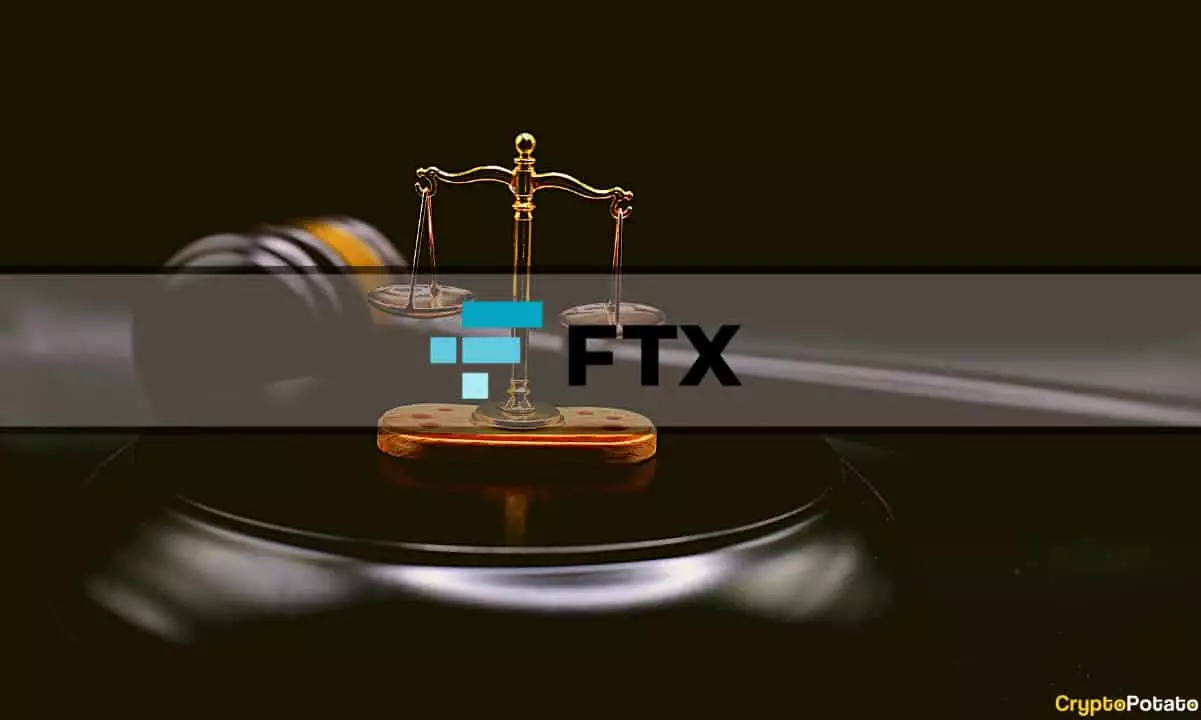The recent fraud trial involving Sam Bankman-Fried, the founder of FTX cryptocurrency exchange, has brought to light the corrupt relationship between FTX and Alameda Research. Gary Wang, co-founder of FTX, testified in court and provided detailed insights into the fraudulent actions perpetrated by Alameda Research. This article delves into the revelations and their implications for both FTX and Alameda Research.
According to Gary Wang’s testimony, Alameda Research was granted three distinct privileges at FTX, setting them apart from other customers. One of these privileges was the “allow negative” feature, which enabled Alameda to trade with more funds than it actually had in its account. This feature proved to be instrumental in Alameda’s ability to withdraw an astonishing $8 billion worth of fiat and cryptocurrency, surpassing what the firm held in its account.
Wang clarified that the additional funds used by Alameda Research did not come from authorized sources. Instead, it was sourced from FTX customers who had not explicitly consented to lending out their funds. This revelation highlights a gross violation of trust and raises serious concerns about the security of customer funds on the FTX platform.
While the full extent of the fraudulent scheme took years to unravel, Wang admitted that he had been aware of Alameda Research’s negative balance as early as 2019. Initially, the withdrawal amount was limited to approximately $50 million to $100 million, which was the equivalent of FTX’s annual revenue. However, Wang discovered that Alameda’s balance had already far exceeded FTX’s revenue, reaching at least $200 million negative. This alarming revelation exposes a severe lack of oversight and control within FTX’s operations.
During his testimony, Wang asserted that Sam Bankman-Fried, the founder of FTX, had firsthand knowledge of Alameda Research’s financial situation. This contradicted Bankman-Fried’s repeated claims that FTX customer funds remained untouched. Wang even stated that Bankman-Fried made these claims publicly on social media and in office conversations. These contradictions not only undermine Bankman-Fried’s credibility but also raise questions about his involvement in the fraudulent activities.
Cross-examining Wang, Bankman-Fried’s lawyers argued that Alameda’s negative balance was justified as it allowed them to act as a market maker for FTX’s native exchange token, FTT. While this may explain Alameda Research’s negative balance to some extent, it does not excuse the misleading statements made by Bankman-Fried regarding the security of customer funds.
The revelations emerging from the fraud trial between FTX and Alameda Research have exposed a deeply corrupt relationship and significant ethical breaches. The granting of special privileges, the misuse of customer funds, and the contradictory statements made by FTX’s founder have raised serious questions about the integrity and trustworthiness of both FTX and Alameda Research. This trial serves as a stark reminder of the importance of transparency, accountability, and stringent regulatory oversight within the cryptocurrency industry.

